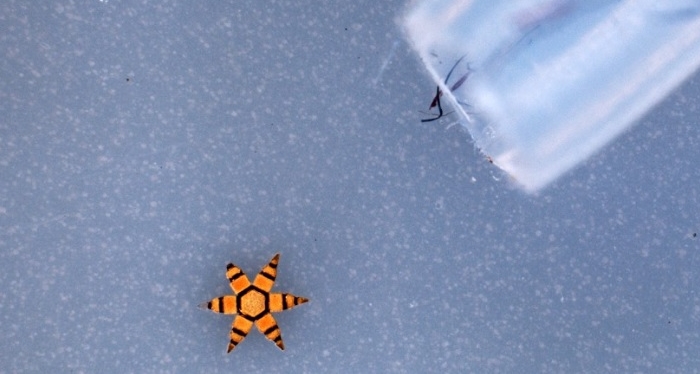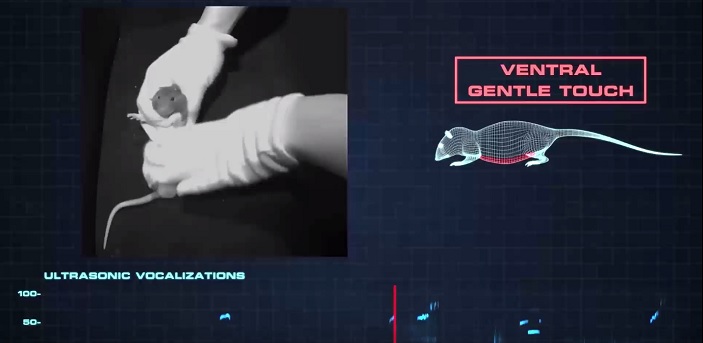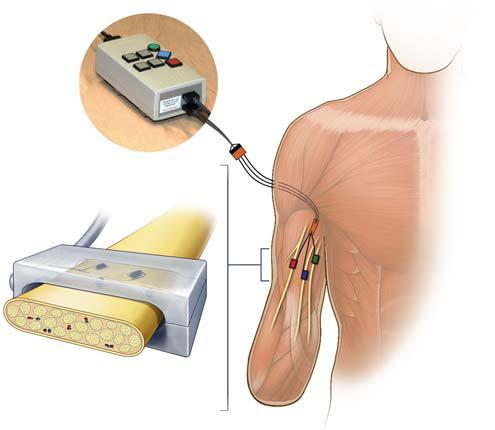Microgrippers
Tiny, untethered microgrippers could track down and retrieve hard-to-reach tissue samples.


Tiny, untethered microgrippers could track down and retrieve hard-to-reach tissue samples.

The brain architecture for processing sound is the same in deaf people as in hearing people.

New research shows that gifted and talented programs overlook qualified black and Hispanic kids.

Neuroscientists are looking for the roots of musician’s dystonia, a condition similar to writer’s cramp.
A human-powered robotic exoskeleton could help stroke patients stay motivated during rehab.


Researchers find that tickled rats display complex emotional responses similar to those of children.
Scientists strive to mine meaningful information out of an avalanche of genetic data.

Chemical analysis of poached ivory reveals that elephant slaughter is massive and recent.

Did early 20th century oil wells in southern California trigger major earthquakes?

Researchers discover that the DNA mutations by which smoking causes cancer are more complicated than previously thought.



A listener wonders why we fear irrational things when there are plenty of real threats out there.

Even though the Congo River keeps them apart today, chimpanzees and bonobos managed to interbreed several times in the past.


Scientists are learning the complex nerve signals that allow us to experience the sensation of touch.

Genetically engineered tobacco plants produce potent artemisinin - a highly effective malaria drug - at a fraction of the usual cost.
